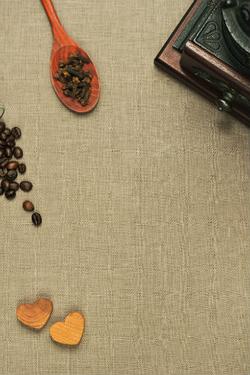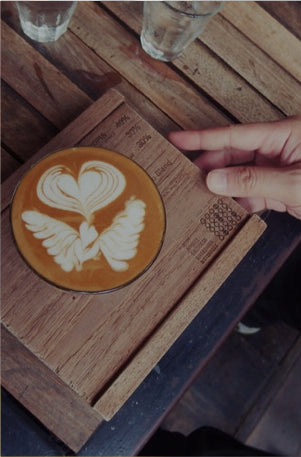Starbucks coffee is a controlling international coffee and coffeehouse chain based in the United States. It was named after the first mate in the novel Moby-Dick, Starbucks is the largest coffeehouse company in the world. Starbucks has 8,505 company-owned and 6,506 licensed stores in 42 countries, with a total of 15,011 stores worldwide. At Starbucks locations, they offer drip-brewed coffee, espresso-based hot drinks, hot chocolate, frapped cold coffee, teas, other cold and hot drinks, snacks, mugs, and coffee beans.
Starbucks was first founded in Seattle, Washington as a local coffee bean roaster and retailer. Since it’s founding, it has grown very rapidly. As of November 2007, the number of Starbucks operated facilities in the U.S was 6,793 company-owned locations with 1,712 additional company-owned stores in other countries and U.S. territories. In addition to the company-owned stores, Starbucks has 6,506 joint-ventured and licensed outlets with 3,891 of those locations in the U.S and 2,615 in other countries and U.S. territories.
Starbucks does have many products that are kosher. Starbucks makes sure that most of their products are kosher certified. Kosher beverages only contain kosher certified ingredients. These beverages are prepared on both clean and cold utensils, or utensils that have never come in contact with non-kosher ingredients. Some products that Starbucks carry that are kosher both hot and cold are: Green Tea, Chai Tea, Brewed Coffee, Espresso, Hot Chocolate, and most Tazo Teas.
Starbucks Decaf Coffee and the Decaffeination Process
Starbucks offers both decaf and regular ground coffee. Decaf, which is short for decaffeination, is the act of removing caffeine from coffee beans. The decaffeination process for coffee beans is performed on unroasted green beans. Coffee beans are steamed then rinsed in a solvent that absorbs the caffeine. There are four commonly used processes and two methods that can be used to decaffeinate the beans. The four commonly used processes are the Roselius process, the Swiss water process, the CO2/O2 process, and the Triglyceride process.
The Roselius process is a process in which the coffee beans are steamed with a brine (salt water) solution and then soaked in a solvent to remove the caffeine. Due to health concerns regarding many solvents previously used to do this, this process is no longer used commercially.
The Swiss water process is a process in which a batch of green unroasted beans is soaked in hot water saturated with coffee solids, allowing caffeine to dissolve while most of the coffee flavor compounds are left in the bean. The water passes through a carbon filter that captures the caffeine molecules but allows the coffee solids and water to pass through. The caffeine-free water is then put into a use again as new coffee beans are added. This process repeats over and over until the beans are 99.9% caffeine free.
The CO2/O2 process is a process that is technically known as supercritical fluid extraction. With this process, the beans are pre-steamed and then soaked in a liquid bath of carbon dioxide at 73 to 300 atmospheres. After the beans have been soaked thoroughly, the pressure is reduced, allowing the CO2 to evaporate. The pressurized CO2 is either ran through water or charcoal filters to remove the caffeine. The carbon dioxide is then used on a new batch of beans. This process is also the same for oxygen (O2) decaffeination.
The Triglyceride process is a process in which the green coffee beans are soaked in a hot water/coffee solution, which draws the caffeine to the surface. The beans are then transferred to another container and immersed in coffee oils. After the beans have been at hot temperatures for several hours, the triglyercides in the oils remove the caffeine. The beans are then separated from the oils and dried.
Some types of ground coffee Starbucks coffee offers are House Blend Decaf, Breakfast Blend, French Roast, Sumatra Blend, and Caffe Verona. House Blend Decaf is a blend of Latin American coffees. This bright flavored coffee is mixed with a round smoothness. Breakfast Blend is a mild Latin American blend of coffee with a clean finish. French Roast coffee is one of the darkest roasted coffees that they offer. This coffee is blunt and has smoky flavors. Despite its bolder flavor, it contains no more caffeine than any of the other Starbucks coffees. Sumatra Blend is a blend of coffee that has a full, syrupy body with basically no acidity so the intensity of the coffee lingers in your mouth and is an extra bold coffee. Caffe Verona is a blend of coffee that is Starbucks most popular. This blend of coffee is a versatile, complex blend that is combined with Latin American and Asia Pacific coffees with a slight touch of Italian Roast and is a bold blend of coffee.

